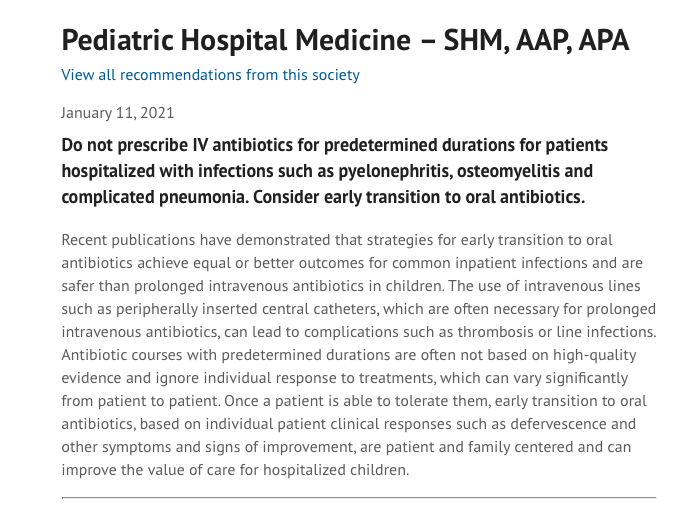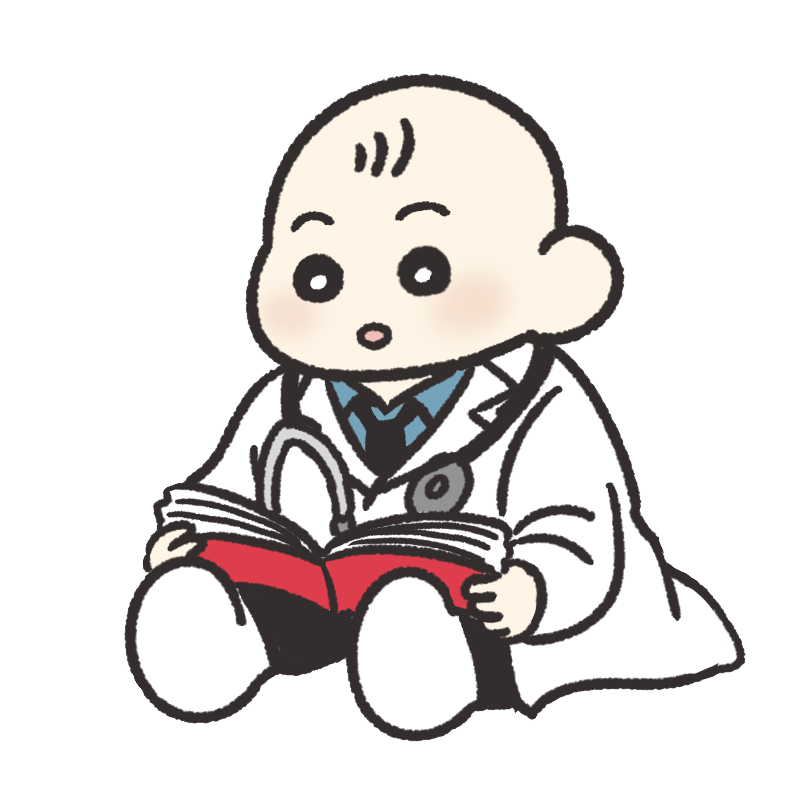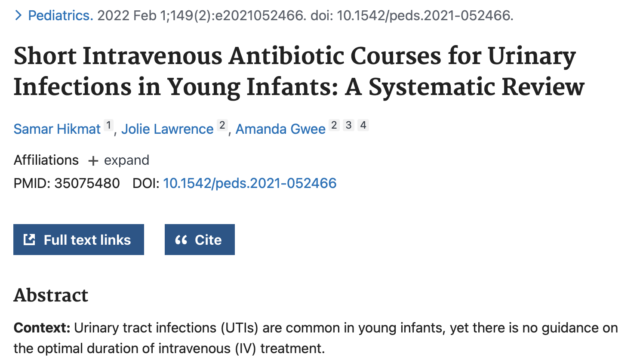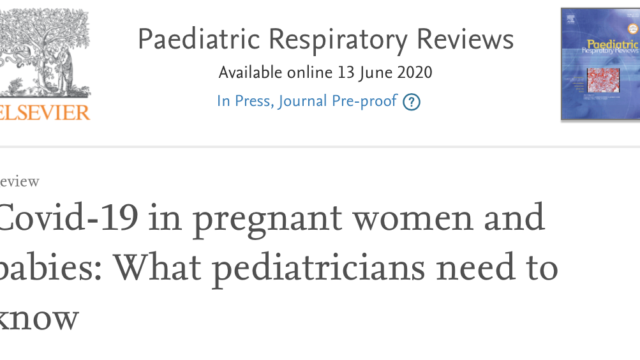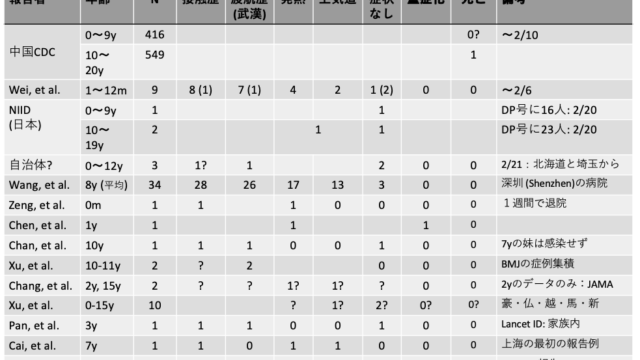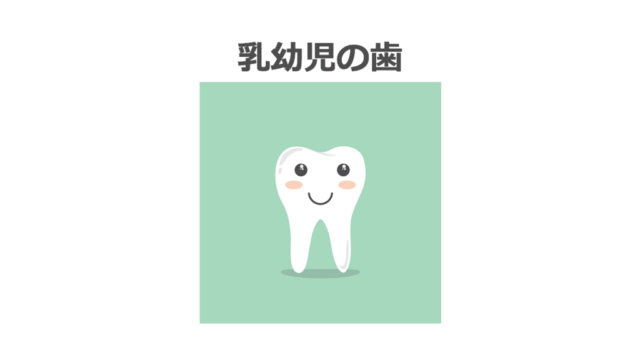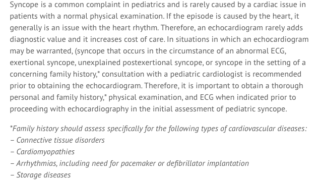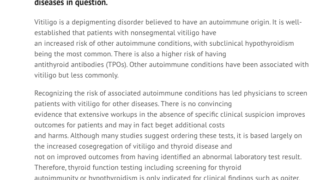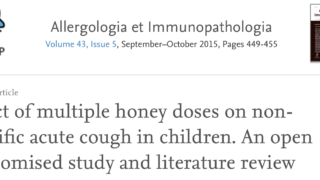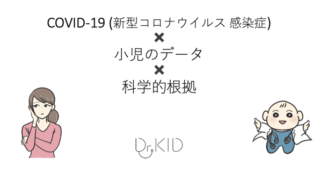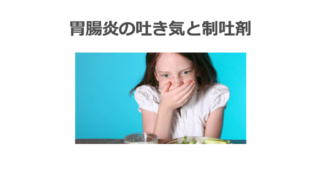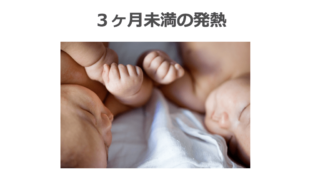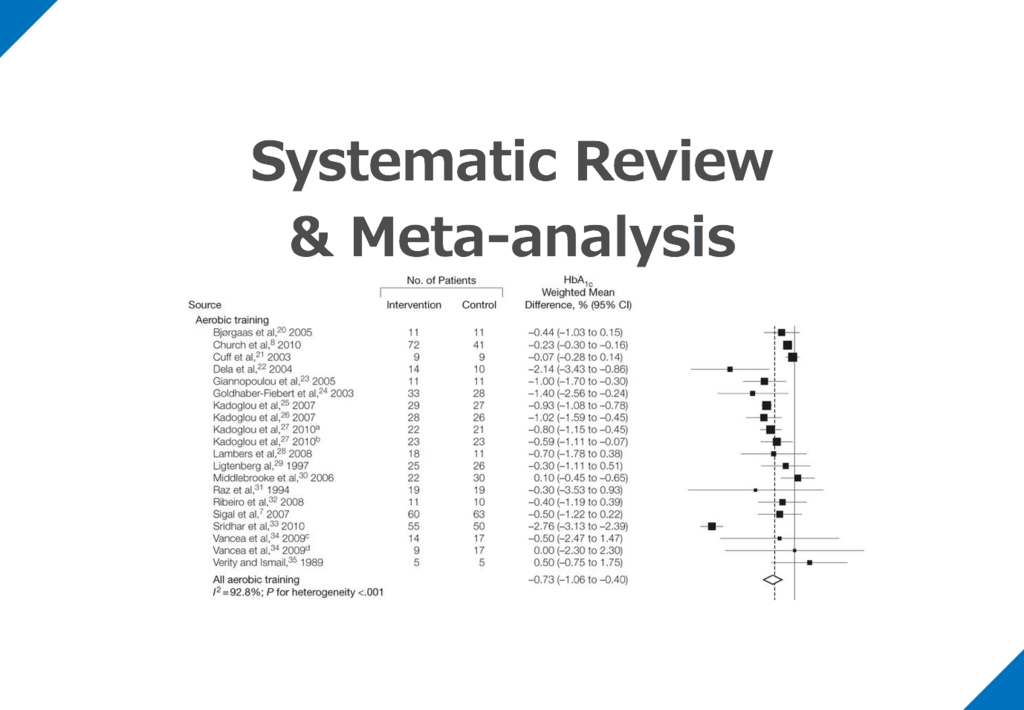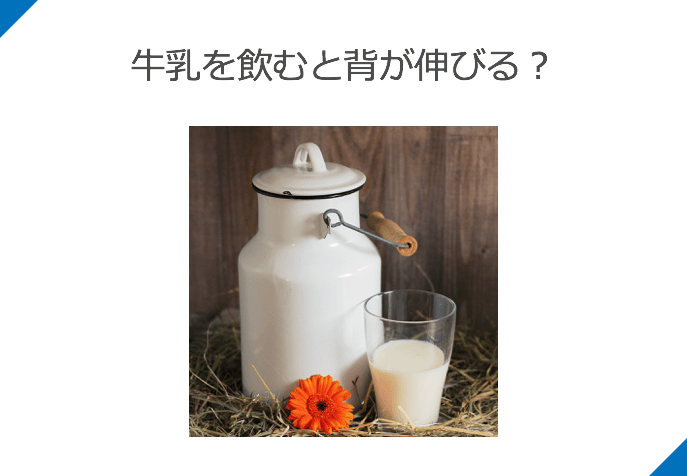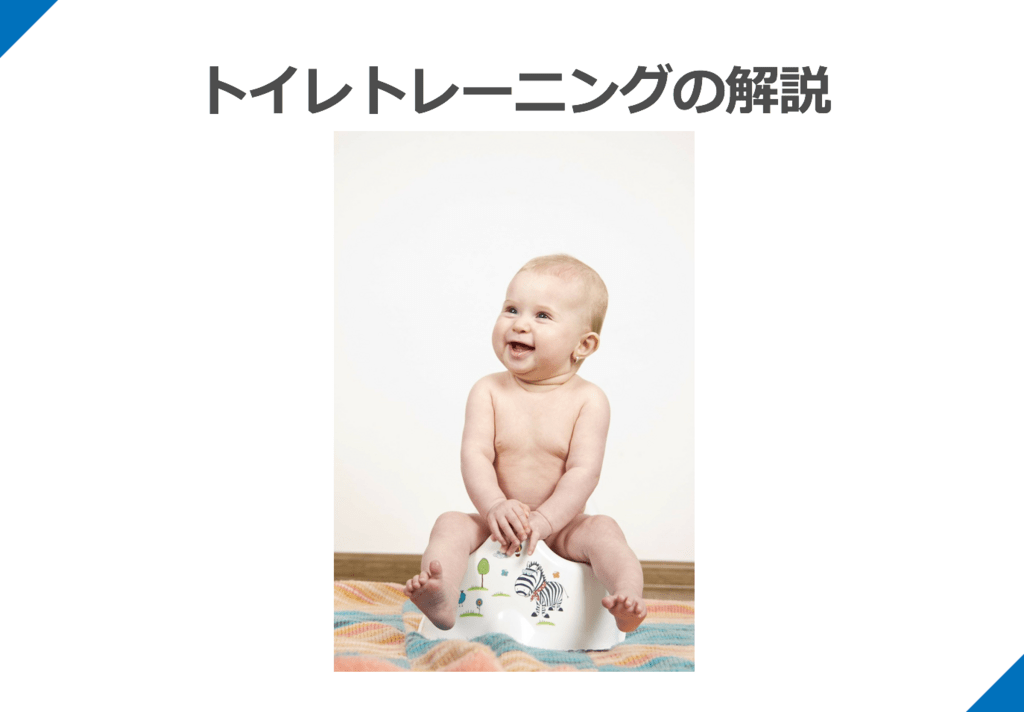今回は、小児の感染症における抗菌薬の使用期間に関してです。
この推奨を「choosing wisely」ではどのように記載されているのか紹介してみようと思います。
- Choosing wisely:小児の感染症における抗菌薬の使用期間
- 経口抗生物質への早期移行を検討を常に考慮する
Do not prescribe IV antibiotics for predetermined durations for patients hospitalized with infections such as pyelonephritis, osteomyelitis and complicated pneumonia. Consider early transition to oral antibiotics.
American Academy of PediatricsからのChoosing Wisely
小児の感染症において、経口抗生物質への早期移行を検討する[Choosing wisely]
Do not prescribe IV antibiotics for predetermined durations for patients hospitalized with infections such as pyelonephritis, osteomyelitis and complicated pneumonia. Consider early transition to oral antibiotics.
Recent publications have demonstrated that strategies for early transition to oral antibiotics achieve equal or better outcomes for common inpatient infections and are safer than prolonged intravenous antibiotics in children. The use of intravenous lines such as peripherally inserted central catheters, which are often necessary for prolonged intravenous antibiotics, can lead to complications such as thrombosis or line infections. Antibiotic courses with predetermined durations are often not based on high-quality evidence and ignore individual response to treatments, which can vary significantly from patient to patient. Once a patient is able to tolerate them, early transition to oral antibiotics, based on individual patient clinical responses such as defervescence and other symptoms and signs of improvement, are patient and family centered and can improve the value of care for hospitalized children.
腎盂腎炎、骨髄炎、複雑な肺炎などの感染症で入院した患者には、あらかじめ決められた期間、抗生物質の静脈内投与を処方しない。経口抗生物質への早期移行を検討する。
最近の論文では、経口抗生物質への早期移行戦略は、一般的な入院患者の感染症に対して同等またはそれ以上の結果をもたらし、小児においては長期の静脈内抗生物質投与よりも安全であることが実証されている。
抗生物質の長期静注には、末梢挿入型中心カテーテルなどの静脈ラインの使用が必要となることが多いが、血栓症やライン感染などの合併症を引き起こす可能性がある。所定の期間を設定した抗生物質コースは、質の高いエビデンスに基づいていないことが多く、患者によって大きく異なる治療に対する個々の反応を無視している。
患者が抗生物質に耐えられるようになったら、 解熱などの症状や兆候といった個々の患者の臨床反応に基づいて、経口抗生物質に早期に移行することは、患者や家族を中心としたものであり、入院中の子どもたちのケアの価値を向上させることができる。
考察と感想
小児の感染症における抗菌薬の使用期間に関してでした。
ガイドラインには一定の期間が明記されていることが多いとは思いますが。その期間の設定にどれほどのエビデンスがあるのかという別の問題があると思いました。
ガイドライン通りにというのも1つですが、個々の患者で考える必要もあるのでしょうね。
参考文献も読んでみようと思います:
Keren R, Shah SS, Srivastava R, Rangel S, et al; Pediatric Research in Inpatient Settings Network. Comparative effectiveness of intravenous vs oral antibiotics for post-discharge treatment of acute osteomyelitis in children. JAMA Pediatr. 2015 Feb;169(2):120-8.
Subcommittee on Urinary Tract Infection, Steering Committee on Quality Improvement and Management, Roberts KB et al. Urinary tract infection: clinical practice guideline for the diagnosis and management of the initial UTI in febrile infants and children 2 to 24 months. Pediatrics. 2011 Sep;128(3):595-610.
Shah SS, Srivastava R, Wu S, et al; Pediatric Research in Inpatient Settings Network. Intravenous Versus Oral Antibiotics for Post-discharge Treatment of Complicated Pneumonia. Pediatrics. 2016 Dec;138(6).
Schroeder AR, Ralston SL. Intravenous antibiotic durations for common bacterial infections in children: when is enough enough? J Hosp Med. 2014 Sep;9(9):604-9.
まとめ
今回は、小児の感染症における抗菌薬の使用期間に関するchoosing wiselyをご紹介しました。
これ以外にも項目が出ているようなので、コツコツと読んでいこうと思います。
(2025/04/16 11:40:13時点 Amazon調べ-詳細)
Dr. KIDの執筆した書籍・Note
医学書:小児のかぜ薬のエビデンス
小児のかぜ薬のエビデンスについて、システマティックレビューとメタ解析の結果を中心に解説しています。
また、これらの文献の読み方・考え方についても「Lecture」として解説しました。
1冊で2度美味しい本です:
(2025/04/16 05:45:53時点 Amazon調べ-詳細)
小児の診療に関わる医療者に広く読んでいただければと思います。
医学書:小児の抗菌薬のエビデンス
こちらは、私が3年間かかわってきた小児の抗菌薬の適正使用を行なった研究から生まれた書籍です。
日本の小児において、現在の抗菌薬の使用状況の何が問題で、どのようなエビデンスを知れば、実際の診療に変化をもたらせるのかを、小児感染症のエキスパートの先生と一緒に議論しながら生まれた書籍です。
noteもやっています
当ブログの注意点について
当ブログは医療関係者・保護者の方々に、科学的根拠に基づいた医療情報をお届けするのをメインに行なっています。参考にする、勉強会の題材にするなど、個人的な利用や、閉ざされた環境で使用される分には構いません。
一方で、当ブログ記事を題材にして、運営者は寄稿を行なったり書籍の執筆をしています。このため運営者の許可なく、ブログ記事の盗用、剽窃、不適切な引用をしてメディア向けの資料(動画を含む)として使用したり、寄稿をしないようお願いします。
ブログの記載やアイデアを公的に利用されたい場合、お問い合わせ欄から運営者への連絡お願いします。ご協力よろしくお願いします。
